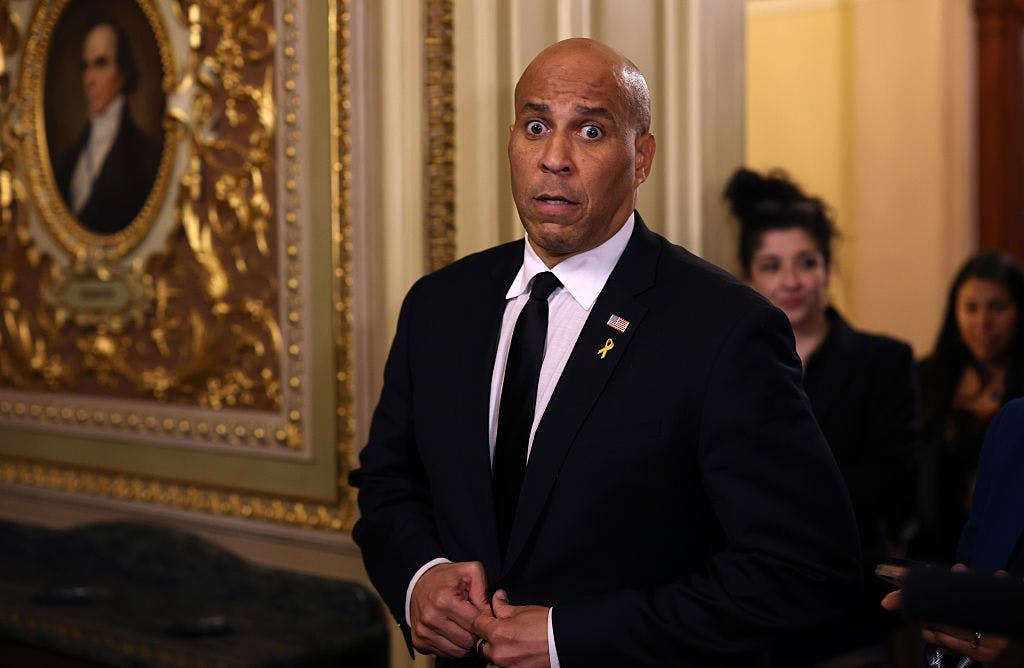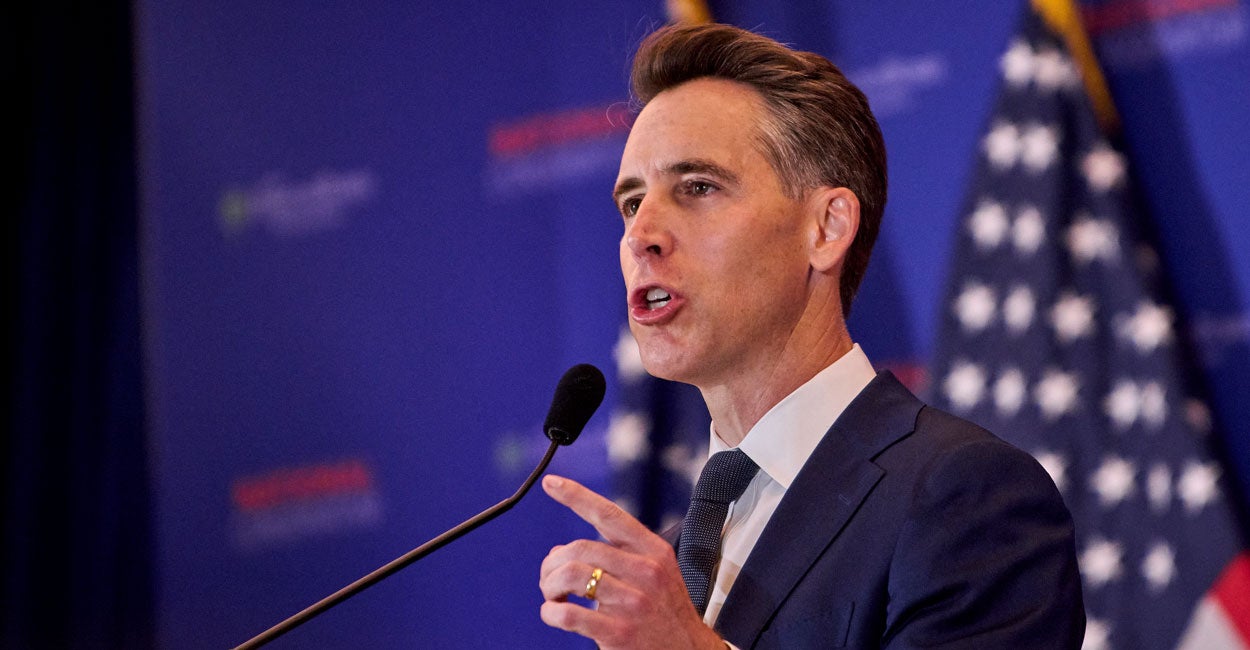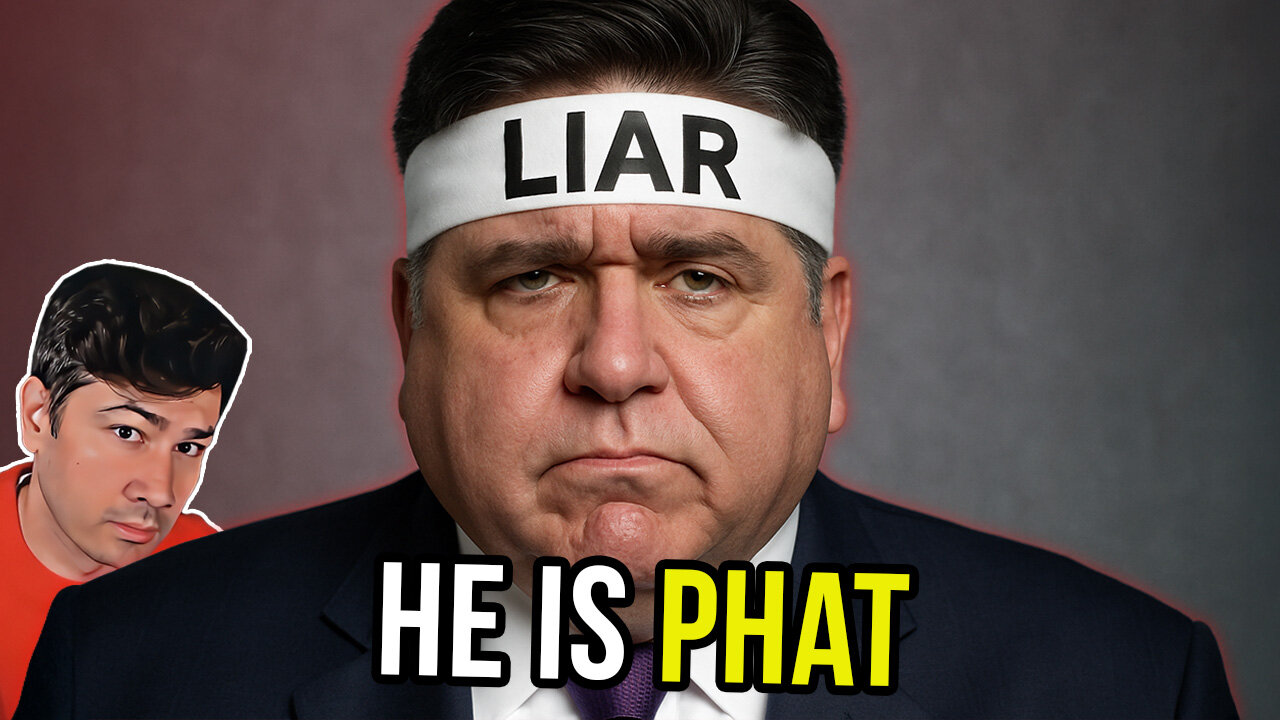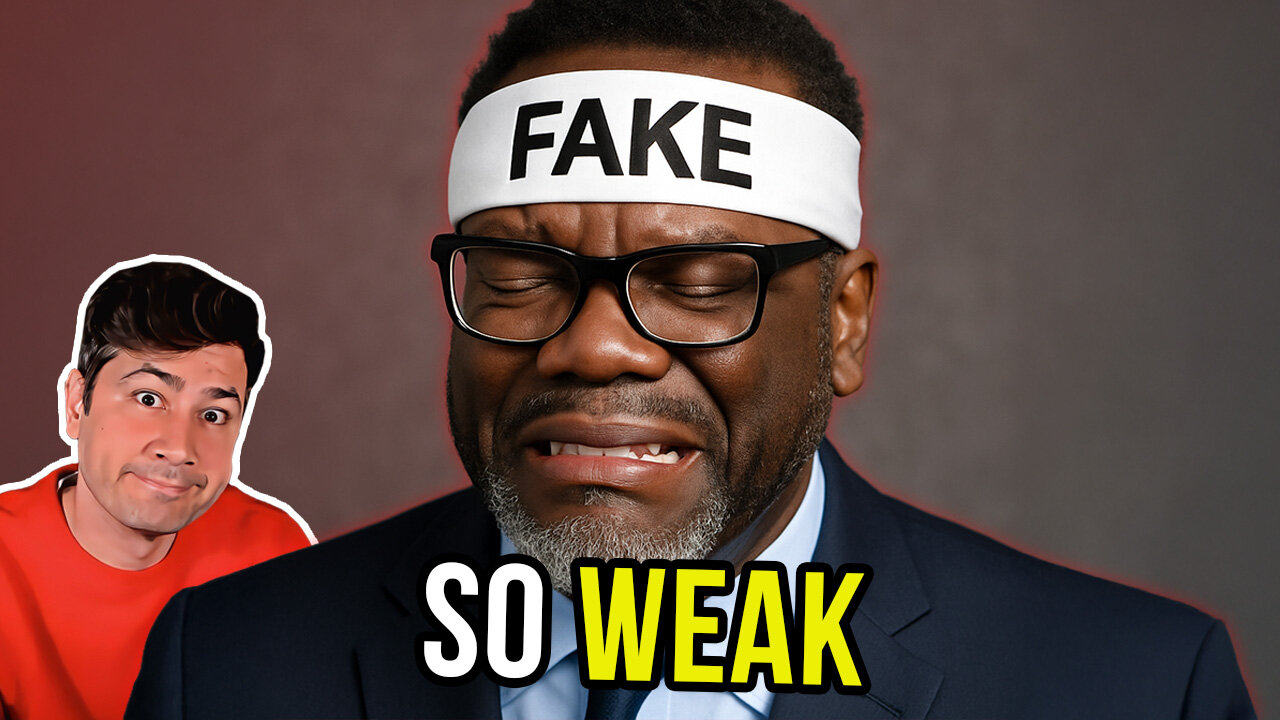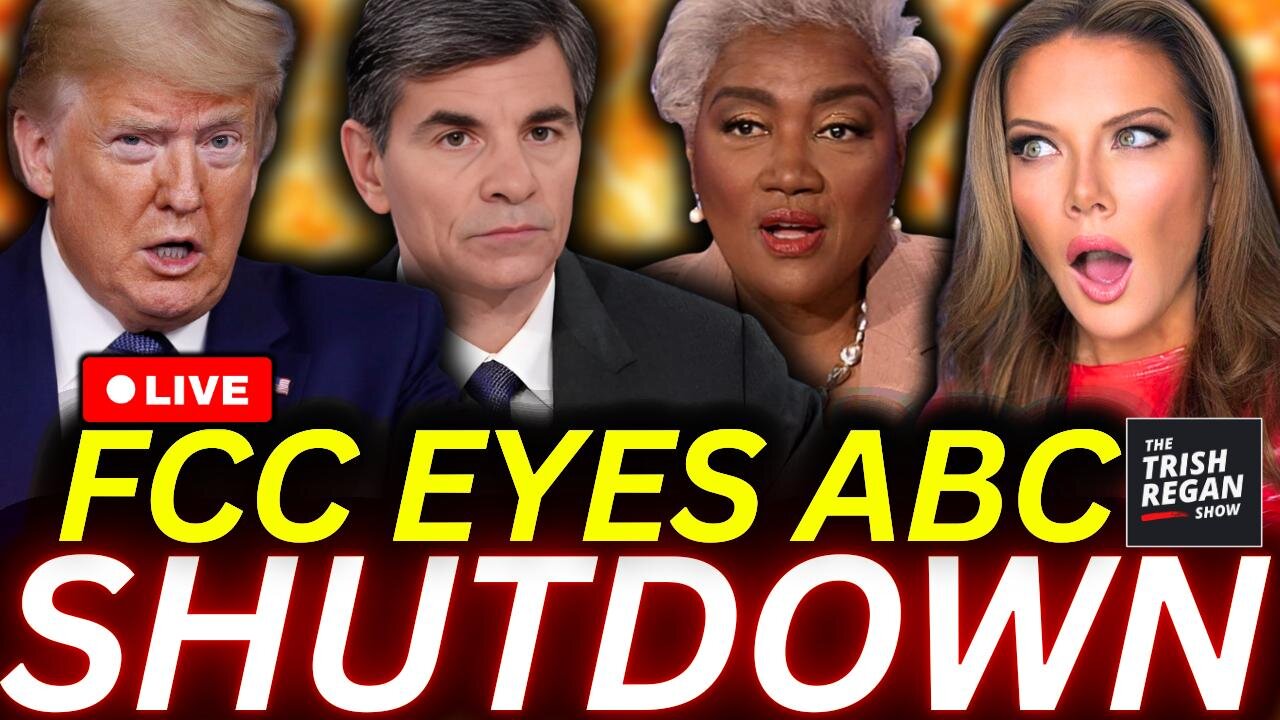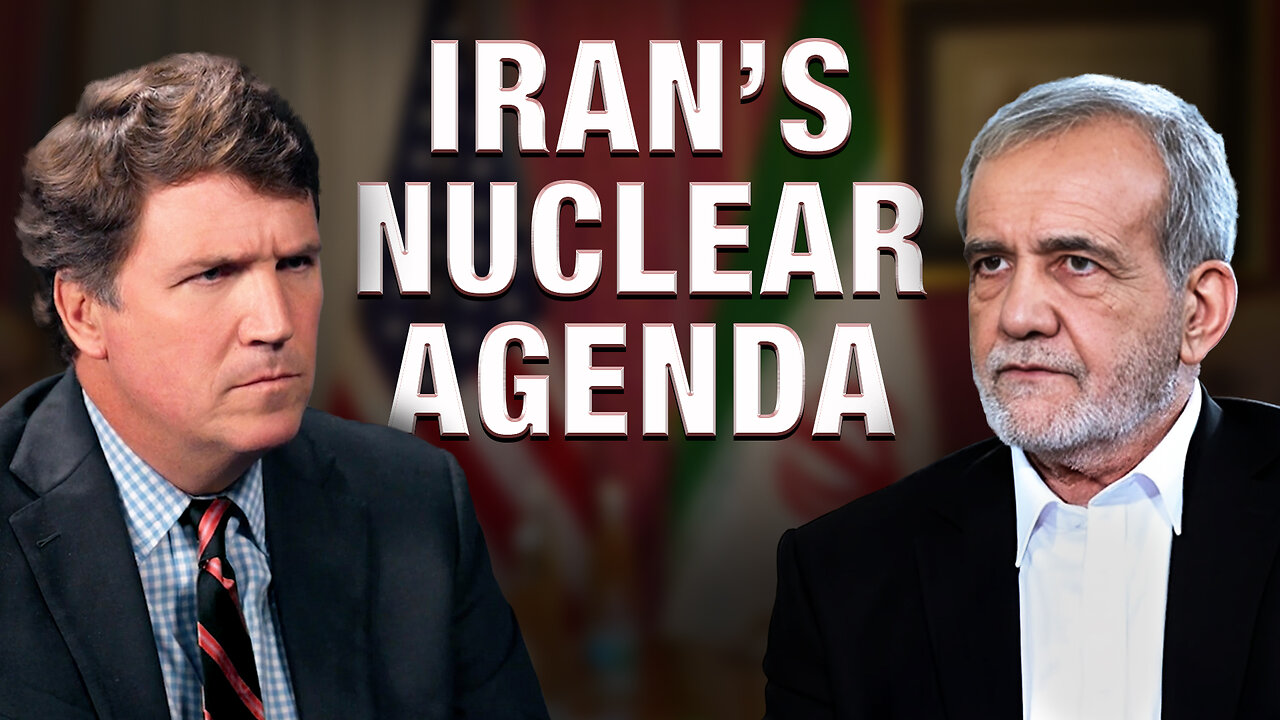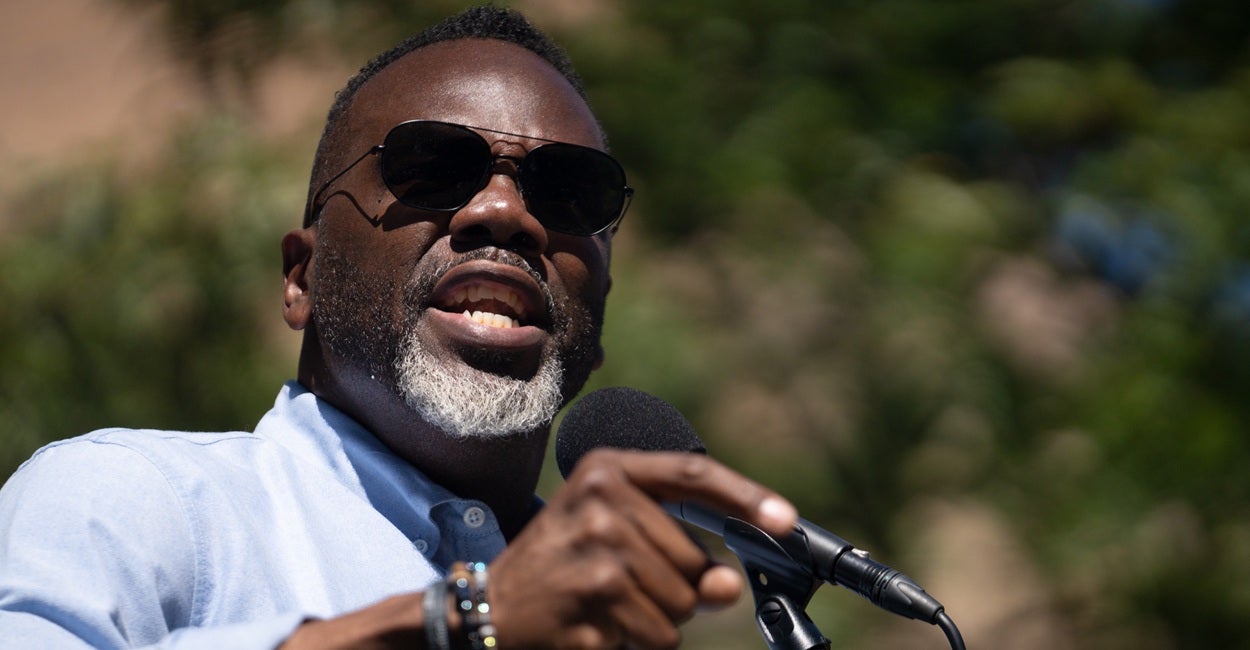The White House’s habit of saying too much can be a liability


It’s easy to argue that this White House has been the most prepared and brutally efficient of any administration in 92 years. It’s all good and great to move fast and break things, but at this level it’s also essential to remember that everything you say and write can (and will) be used against you — literally in a court of law. And that’s where things can go a bit awry — particularly, it seems, at the Department of Justice.
Take, for example, the dismissal of the federal corruption charges against New York City Mayor Eric Adams (D). The government’s case against Adams was thin at best. The man is a confirmed race-baiting blowhard (he took the stage with black preacher allies Monday to invoke Dr. Martin Luther King Jr. and compare his opponents to “Mein Kampf” Nazis in a single sentence), but it’s easy to see that he was prosecuted by an intensely political Justice Department on thin pretexts after openly bucking the White House’s election-year immigration narrative.
Routed Democrats and Democrat-allied news outlets cannot build a defensive wall overnight, but brick by brick they can build a narrative.
That doesn’t mean President Donald Trump’s DOJ had to say it out loud, however. Officials could simply have cited the Supreme Court’s high standard for prosecuting public “corruption,” established in a 9-0 ruling in McDonnell v. United States in 2016.
Then they could have dropped the charges and focused on working with the mayor to prosecute immigration crimes and deport illegal aliens.
But they didn’t. Instead, acting Deputy Attorney General Emil Bove cited the political nature of the prosecution and the new administration’s need for Adams’ cooperation on immigration enforcement first. Saying the quiet part out loud has, in the words of Washington Post legal columnist Jason Willick, “hurt the legitimacy of law enforcement and turbocharge[d] the unfolding political backlash against the Trump administration.”
The administration can do very little to stop crazed reporters from comparing everything to Watergate-Hitler-Confederates, but at the same time, there seems to be a pattern of careless communication by some elements of the Justice Department.
Take, for another example, the much-ballyhooed list of FBI agents who worked on Jan. 6 investigations and prosecutions. A review was absolutely necessary. After the riot, a hyper-politicized FBI marshaled all the might and resources it had to investigate and arrest everyone from clearly guilty parties to trespassing grandmas, and November’s election constituted an utter rejection of the Democrats’ and the Biden White House’s overreach. The trick is in the words.
Why didn’t Bove simply request a full review of the investigation, including what went wrong and what resources were used in its execution? Catch the names in the broad net of good governance and executive oversight and avoid playing so directly into critics’ obsessive Watergate-Hitler-Confederate storyline. Instead, Bove’s memo was subject-lined “Terminations.” Not much room for subtlety there.
Neither of these are worth a whole lot of hand-wringing. The story of the day is changing multiple times a day every day, and Trump’s critics on Capitol Hill and in media simply cannot keep up. More, the American people don’t seem to care much — yet.
And here is where it gets dangerous. Routed Democrats and Democrat-allied news outlets cannot build a defensive wall overnight, but brick by brick they can build a narrative. Each and every ham-fisted justification and communique is another brick in their wall, and eventually the public might start to care.
Mark Zuckerberg’s early (and abandoned) “move fast and break things” mantra has its definite place, but you'll go farther with Republican President Teddy Roosevelt’s “speak softly and carry a big stick.”
Byron York: Making sense of the Eric Adams flap
Blaze News: A report card on Trump’s first '100' days
Sign up for Bedford’s newsletter
Sign up to get Blaze Media senior politics editor Christopher Bedford's newsletter.
Originally Published at Daily Wire, Daily Signal, or The Blaze
What's Your Reaction?
 Like
0
Like
0
 Dislike
0
Dislike
0
 Love
0
Love
0
 Funny
0
Funny
0
 Angry
0
Angry
0
 Sad
0
Sad
0
 Wow
0
Wow
0


